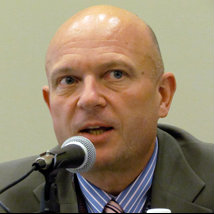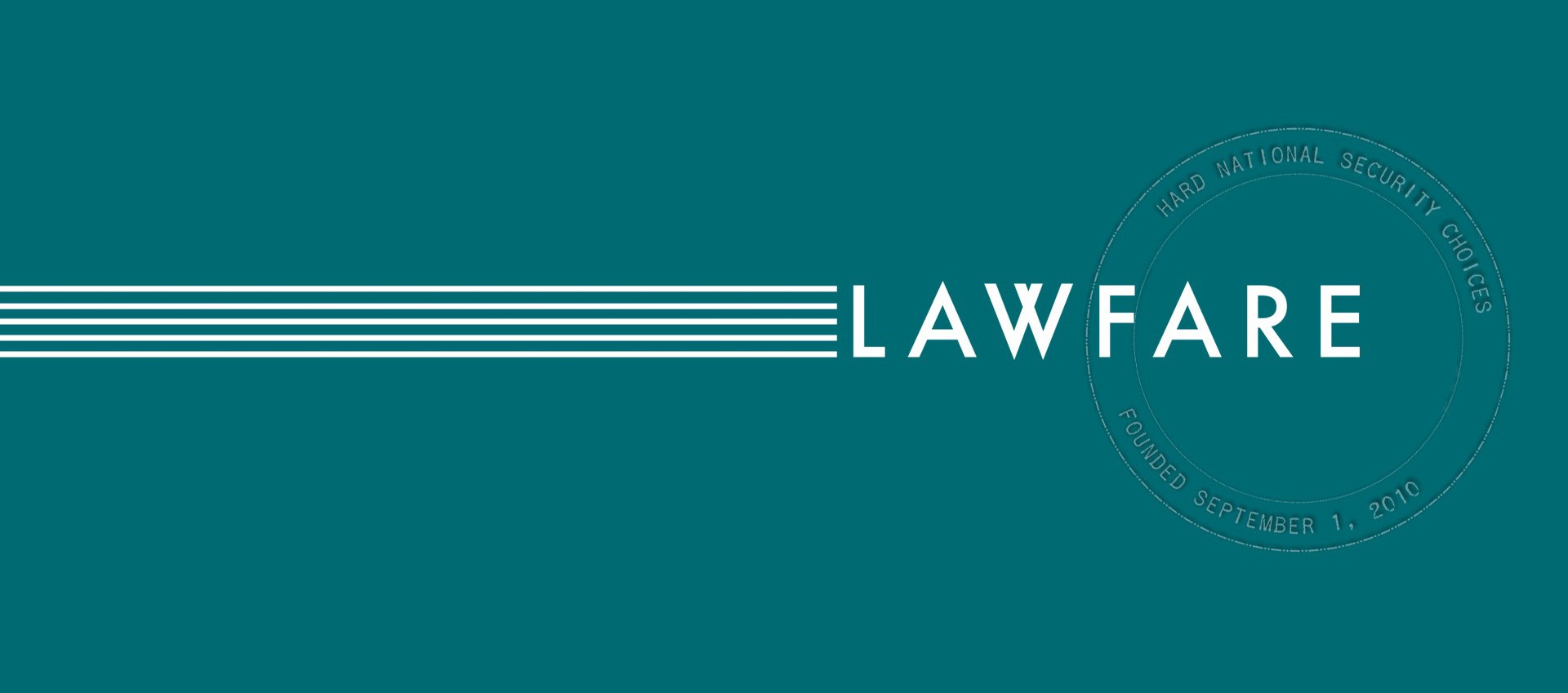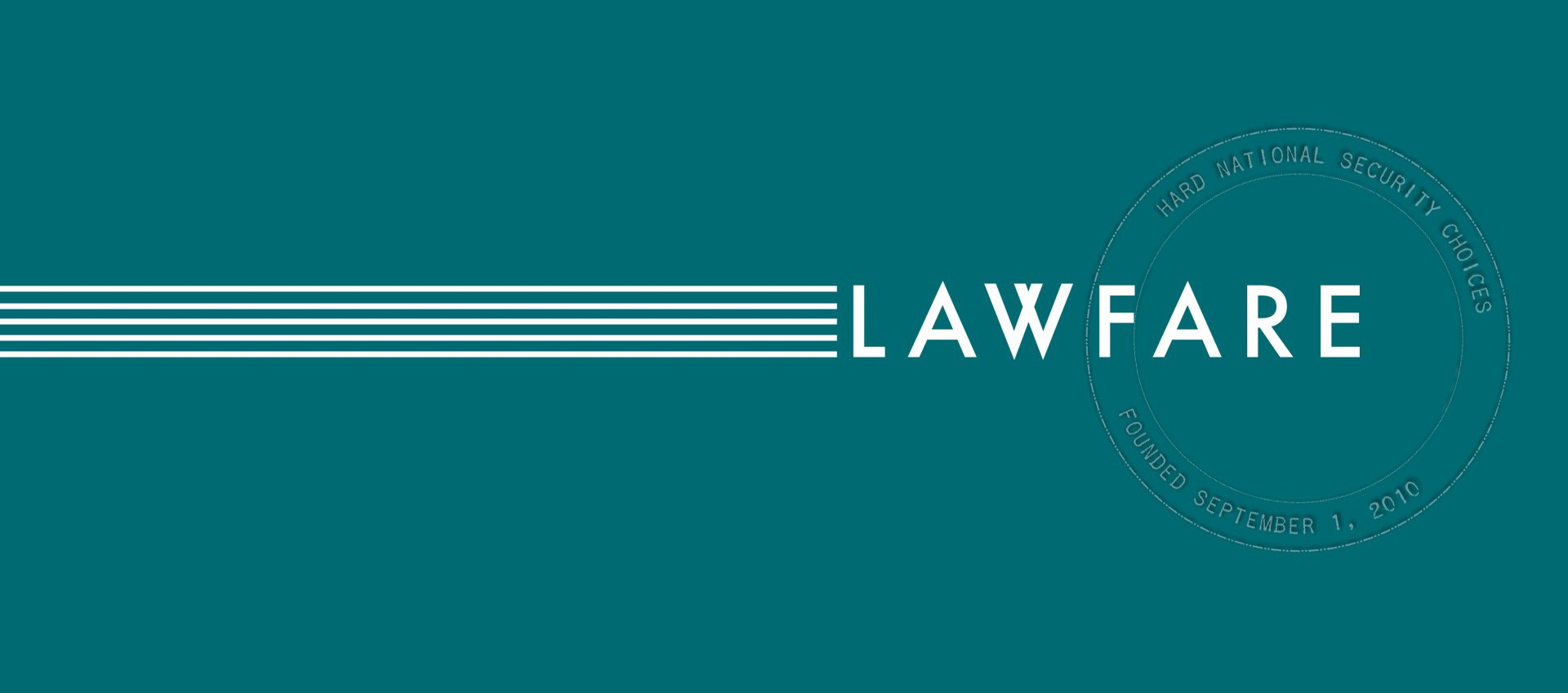Congressional Oversight of US Foreign Relations and National Security?
Executive power is on the rise, a familiar argument runs, and necessarily at the expense of Congressional authority. Linda L. Fowler, professor emerita in government at Dartmouth College, examines another direction of this claim with respect to US foreign policy and national security - what she describes as the decline of Congressional oversight over foreign relations. The tilt in the balance of power toward the president, that is, is not simply the executive's enlargement of its sphere, but Congress's affirmative withdrawal in key matters of foreign policy oversight.
Published by The Lawfare Institute
in Cooperation With

Executive power is on the rise, a familiar argument runs, and necessarily at the expense of Congressional authority. Linda L. Fowler, professor emerita in government at Dartmouth College, examines another direction of this claim with respect to US foreign policy and national security - what she describes as the decline of Congressional oversight over foreign relations. The tilt in the balance of power toward the president, that is, is not simply the executive's enlargement of its sphere, but Congress's affirmative withdrawal in key matters of foreign policy oversight. Fowler's recent book, Watchdogs on the Hill: The Decline of Congressional Oversight of U.S. Foreign Relations (Princeton UP 2015), studies the frequency and content of formal oversight hearings by the Senate Armed Services and Foreign Relations committees from the mid-20th century to the present.
This exercise in empirical political science has similarities to other recent work on Congressional oversight, notably Hoover Institution scholar Amy Zegart's studies of the behavior of the House and Senate select committees on intelligence in her 2011 book Eyes on Spies: Congress and the United States Intelligence Community (reviewed here in Lawfare by His Serenity, the Book Review Editor). Fowler's scope is larger than the Intelligence Community - motivated, as she says in the Preface, by "concern for the lack of congressional oversight of the wars in Iraq and Afghanistan" - and so extending to US foreign policy and national security. She finds a significant reduction in the number of public and secret hearings of the Senate Armed Services and Foreign Relations committees since the middle 1990s and, in particular, finds that scrutiny by these Senate committees of the wars in Iraq and Afghanistan fell below levels of oversight in previous major US wars.
Critics may argue with her conclusions that the decline in oversight by these committees is attributable to a gradually increasing disinterest by senators in the time-intensive work of these committees; by biases in favor of presidential authority in foreign affairs and national security by those senators inclined to join these committees; and by desires among senators to shield (particularly Republican) presidents from oversight or public scrutiny. Critics might also dispute the methodology of this study, which combines historical analysis of conflicts including the Truman Doctrine, the Vietnam war, US humanitarian intervention in Somalia, as well as more recent and on-going conflicts, with empirical counting and analysis of committee meetings: it is difficult to ascertain the quality of oversight, or at least agree about its quality, on the basis of the quantity of meetings. This is particularly so with regards to secret sessions; what one is able to count is not necessarily what matters to the quality of oversight. Still, a fair reading of the evidence does indicate a less robust role for Congress over time.




